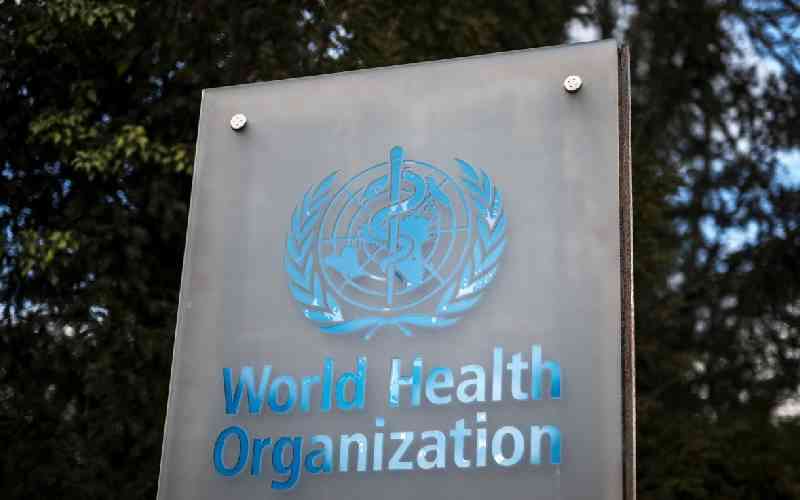
President William Ruto has reaffirmed his commitment to delivering quality healthcare to all Kenyans through the implementation of newly enacted laws that anchor Universal Health Coverage (UHC).
The laws, according to the President, will strengthen primary health care in the country compared to curative services that continue to put much weight on running the country's healthcare system.
Speaking during this year's Mashujaa Day celebration in Kericho on Friday, October 20, 2023, Ruto said though the Constitution guarantees Kenyans the right to the highest standards of health, previous governments were unable to deliver the same due to a lack of laws and policies.
Facts First
This story continues on The Standard INSiDER. Subscribe now for unfiltered journalism that holds power to account.
Already have an account? Login
 The Standard Group Plc is a multi-media organization with investments in media
platforms spanning newspaper print
operations, television, radio broadcasting, digital and online services. The
Standard Group is recognized as a
leading multi-media house in Kenya with a key influence in matters of national
and international interest.
The Standard Group Plc is a multi-media organization with investments in media
platforms spanning newspaper print
operations, television, radio broadcasting, digital and online services. The
Standard Group is recognized as a
leading multi-media house in Kenya with a key influence in matters of national
and international interest.











